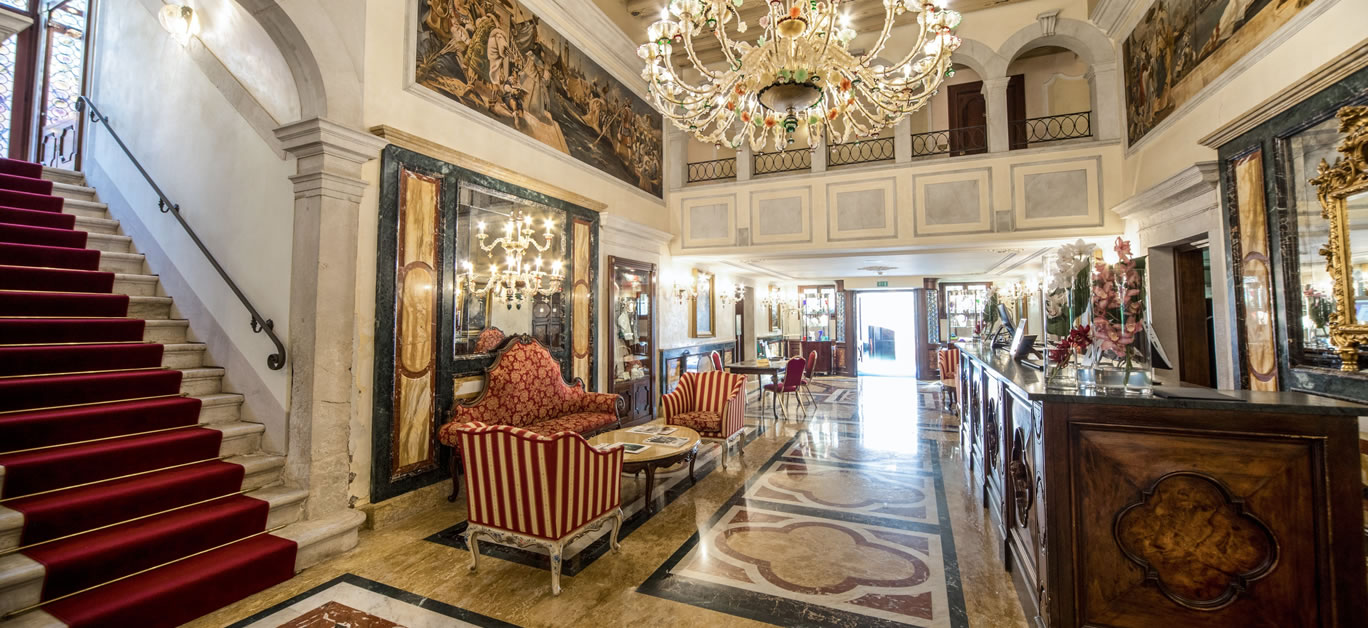As the world tentatively reopens from lockdown, luxury hotels are gearing up to welcome guests once again. With the need to modify and innovate to build confidence, safety and wellbeing of visitors and staff, hotels are seeking out the best possible ways to achieve this.
Naturally, strategies are evolving as society is changing almost daily. In the meantime, some of the world’s most desirable destinations share their plans in anticipation of the go-ahead to reopen.
“The reality is we will be travelling with the virus still around and without a vaccination readily in place globally,” commented Rebecca Masri, founder of Little Emperors members club. “There will be a reduction of touch points and an increase in features such as automatic doors and elevators. Hotels have been working on this pre-Covid, and the pandemic will accelerate the process. Who knows maybe we will get really futuristic with voice activation. Imagine a voice activated shower!”
Checking in and out
In place of a valet parking service guests may be asked to self-park with many hotels offering a vehicle disinfect service. Room keys will be disinfected for re-use and guests’ luggage will be sprayed and disinfected on arrival. It will be worth checking the sanitising materials used beforehand, or consider travelling with less expensive luggage. It is likely that we will start to see the manufacture of personal items using materials that are virus-resistant, or able to withstand repeated sanitisation.
At Dormy House, Foxhill Manor and The Fish, located on the 400-acre Farncombe Estate in the Cotswolds, there are plans to remove existing reception areas altogether. Instead, guests will check-in using portable tablets and a re-purposing of the space will provide more spacious lounge areas for relaxation or meetings while maintaining distance.
Contactless check-in and check-out will now be standard procedure and guests’ final bills will be emailed. Signing bills for single transactions during a stay is no longer a viable option.
At many hotels, guests will be required to take a temperature check on arrival and, in some cases, additional checks while using further facilities. As part of the checking-in procedure guests may receive a handy sanitation kit comprising basic health supplies of a face mask, gloves, wipes and gel, and even swabs to clean mobile phones and other personal items.
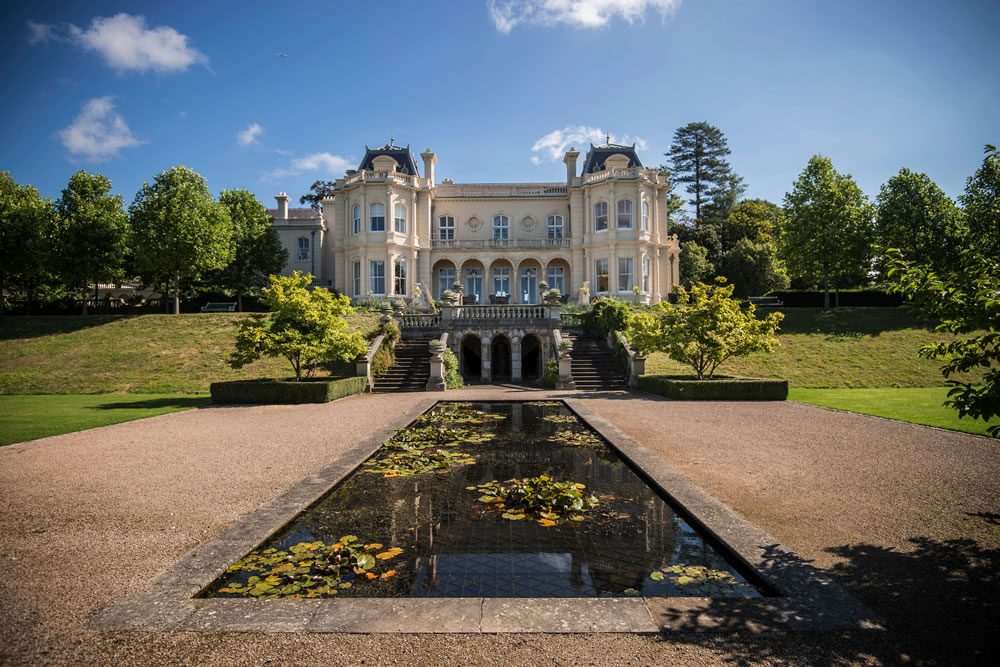
Cleaning and sanitisation
As a standard measure all hotels are rigorously reviewing their processes. Some hotels, such as The Cary Arms in Devon, will be using an o3 aqueous ozone generator, as used at Nightingale Hospitals. The process turns water into a cleaning fluid more effective than bleach in killing bacteria whilst posing no harm to the environment. This will be used in each room after a guest checks out and before the next guest checks in, and generously elsewhere throughout the hotel.
Staff rotas generally will be adjusted to avoid excessive close contact. Some hotels may require staff to complete a short health questionnaire before commencing each shift and will have their temperature taken on arrival. Housekeeping teams will be equipped with protective equipment including masks, gloves, and even disposable vests.
Maintaining distance
While city hotels will face more of a challenge, luxury hotels in the countryside or at coastal locations will be at an advantage with room enough for guests to exercise, relax and dine outside in warm weather.
The Beaverbrook, for instance, offers plenty of space to self distance. The quintessential country house hotel has just 30 guest rooms in a spacious 470-acre estate in the Surrey Hills.
A coastal setting will offer the reassurance of wide open spaces and clean air. Each of the independent beach huts, beach suites and cottages at The Cary Arms has its own entrance, separate from the reception. The cottages all offer sea-facing views with outdoor dining terraces, gardens and BBQ.
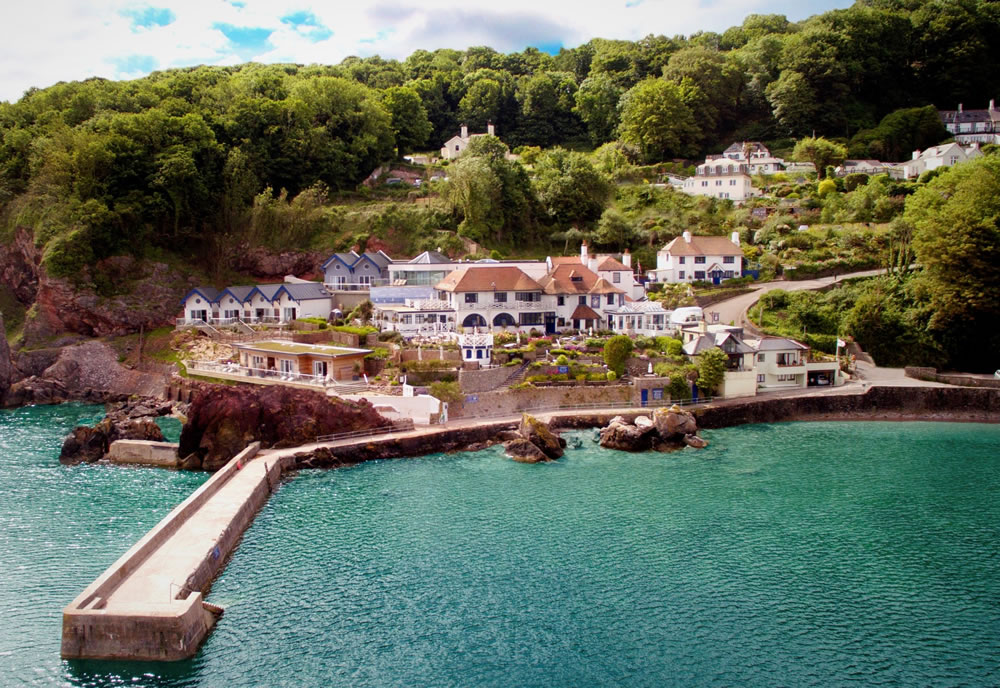
Hotel facilities
Bookings for spa treatments, dinner reservations, childcare and pool time, will be made online and bookings will be limited to reduce traffic in changing rooms and gyms.
Dining
The number of tables in hotel restaurants will be reduced, at some hotels by up to fifty per cent, to maintain a two-metre distance. Breakfast buffets are now a thing of the past and the first meal of the day will be served à la carte to your table. In some hotels, breakfast will only be served in your room. Dining service times may be extended with time slots allocated during busy periods.
Chefs are looking at creating optional picnic menus at the group of five Luxury Family Hotels. The rural locations in the New Forest, Bath, Cornwall, the Jurassic Coast and Suffolk, mean that in the summer months visitors can find an idyllic spot outdoors to eat together.
At some hotels guests will be able to take advantage of additional dining areas such as private balconies and terraced gardens. Private spaces will be in demand, such as a Captain’s Table and private dining pod at The Cary Arms.
At the private Farncombe Estate, The Fish, a luxury retreat, and Dormy House will emulate Foxhill Manor where there is no defined bar or restaurant, and guests are able to eat anywhere in the house. This will also allow for simpler, but no less engaging, menus to reduce the amount of chefs on duty and social distancing can be maintained in the kitchen.
Personal protection
This represents one of the biggest societal changes with human interaction comprising a myriad of facial expressions and subconscious indicators. Therapists in hotel spas will now wear full Personal Protection Equipment, including masks or individual perspex face screens.

International hotels
Hotels around the globe are implementing a wide range of similar procedures.
Capella Hotel Group Asia
The Capella Shanghai has remained open during the pandemic with a slightly reduced offering. “I would say it is important to take the same precaution as when the outbreak first started if you’re re-opening the hotel,” commented Ronan Henaff, general manager. “Sanitising and cleaning every public space every half an hour, especially hot spots such as door handles and lift buttons. We ensure daily temperature checks are conducted for all guests, and every room has to be aired for 30-minutes every day. Upon check-out, we won’t check anyone into the same room for the next 24 hours.”
In addition, the hotel set up a staff WeChat work group to keep track of their location. “This ensured that we know the quarantine policy is being followed and if anyone entered the ‘Orange’ or ‘Red’ zones, thereby keeping the team safe. We also use WeChat to conduct temperature checks twice a day,” says Henaff.
Quinta do Lago luxury resort, Portugal
At The Magnolia Hotel, and across the whole Quinta do Lago resort, plans are being made for transfer drivers to wear protective masks and gloves. The driver section will be segregated with a temporary plastic or transparent sheet. Cars will be disinfected with every arrival and guest instructions will be placed in the passenger rear seating for a spot of light reading during the drive. Not only will temperature checks be mandatory for guests and staff but there are plans for a well-equipped employee clinic to be made operational in liaison with health partner Previa. The pools and spas will be closed until further notice.
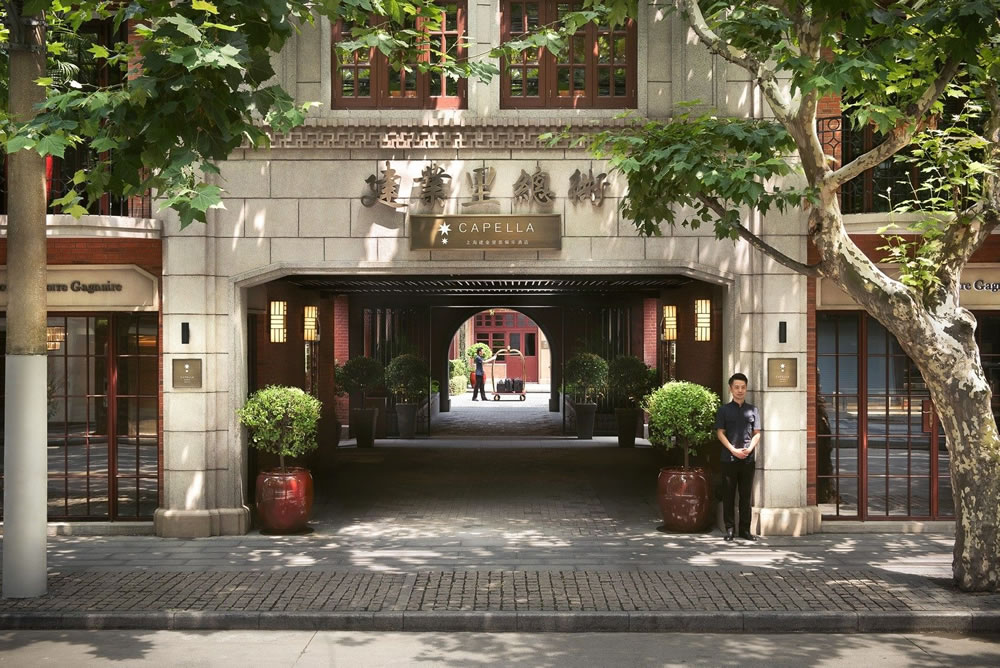
Le Grand Bellevue, GSTAAD
The hotel has decided to not reduce staffing levels overall but instead to further increase the ability to curate the safety and comfort of guests. For instance, each dining table will have only one personal waiter to reduce contact. Hotel deliveries will be carefully divided between the team which unpacks and the teams which distribute throughout, and there will be far more emphasis on local produce.
Resplendent Ceylon, Sri Lanka
The hotel group has created a dedicated health committee at each property to monitor efforts. Restaurant and bar staff will wear protective gloves and present menus on a sanitised tray. All crockery, cutlery, glassware will be deeply cleaned with chemical disinfectant and a deep cleaning of the public areas will take place every three hours. UV light will be used to clean guest’s private rooms and villas for a deep clean every eight hours. The same cleaning process will be used in the spa between treatments and the resort pools will have water treatment daily. Bill folders, pens and card machines will be sanitised at the end of each dining, spa, or stay experience.
Anantara Resorts and Spas Worldwide
The portfolio of 41 luxury hotels across Asia, the Middle East, Indian Ocean, Africa and Europe plans new health and hygiene measures called ‘Stay with Peace of Mind.’ This has been developed in liaison with a new health and safety committee, including senior leadership and industry experts. Heightened sanitisation and hygiene measures at every Anantara property will include a dedicated guest guardian, responsible for internal audits, based on a series of rigid brand guidelines fully compliant with several expert advisories, including cleaning and hygiene technology leaders, Ecolab and Diversey.
Electrostatic spray technology will extend beyond guest areas into all back of house operations, from supply chain deliveries to culinary preparation areas and housekeeping procedures. Anantara is also working with Siam Ocean Technology to introduce the latest in Heating, Ventilation and Air Conditioning (HVAC) system technology with increased efficiency and high performance air filtration quality air. The system will be rolled out first in properties in Thailand, then in Asia and beyond.
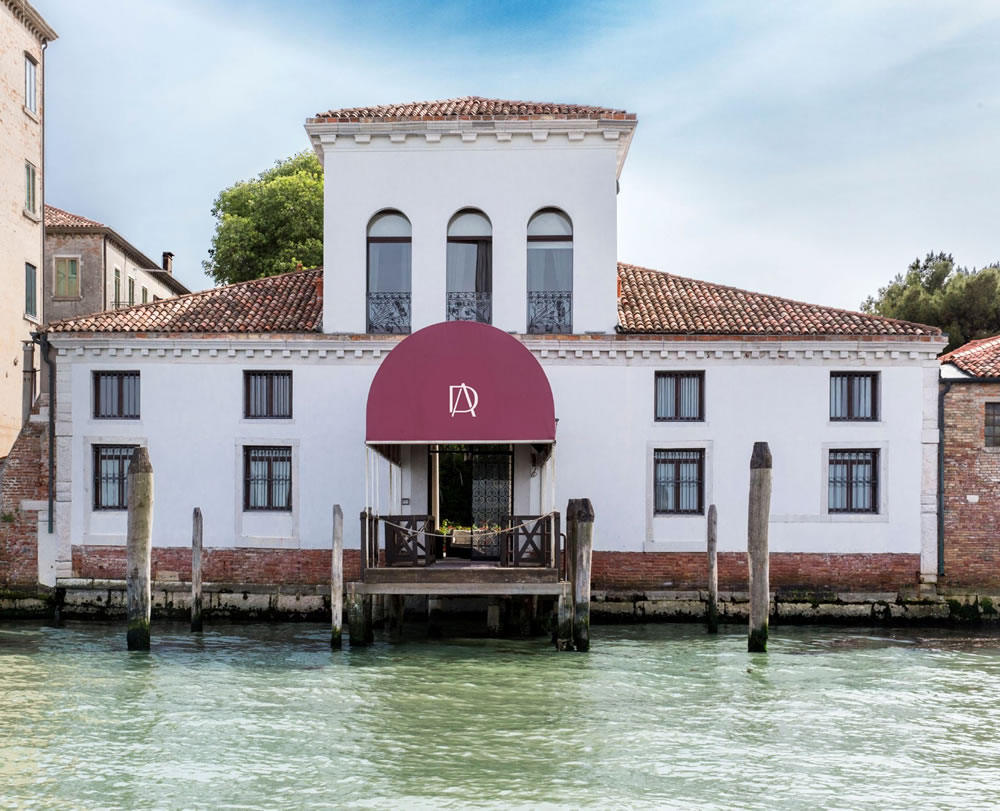
Sandals Resorts, Caribbean
A new Platinum Protocols of Cleanliness programme applies across all fifteen Sandals Resorts and three Beaches Resorts. It includes advanced hygiene practices across touch points from airport lounge to heating, ventilation and air conditioning systems. An enhanced triple-check system for cleaning and sanitation will include the use of UV-LED lighting equipment to inspect cleanliness in guests’ rooms, air duct sanitisation for each arrival and upon each departure, and a weekly steam-cleaning and sanitisation of carpeting.
All vendors, suppliers and partners will be held to the new protocol standards with delivery windows restricted to one party at a time. The sanitisation of all touch points will extend to storage spaces and access areas, and all outer packing will be removed on arrival. All resorts are equipped with medical stations staffed daily with a registered nurse and 24/7 on-call medical personnel.
The Dedica Anthology
The five-star property portfolio includes: Palazzo Naiadi in Rome; Grand Hotel dei Dogi and Bellini in Venice; Palazzo di New York and Residenza di New York in Budapest; and Carlo IV in Prague. The group are offering maximum flexibility with rates that can be cancelled up to 24 hours before arrival.
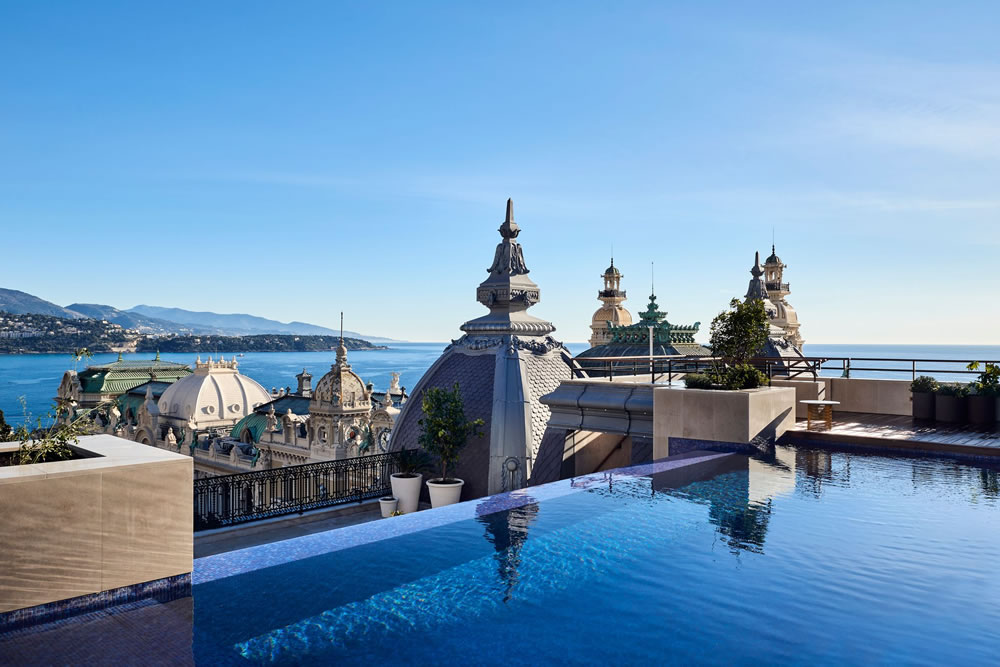
Monte-Carlo Société des Bains de Mer (SBM)
The SBM is offering flexibility and guests can cancel up to three days before arrival. With guest satisfaction and retention more important than ever, the group plans to develop online services such as concerts, new shows, podcasts, exchanges, webinars, one-to-one cooking lessons and sports lessons with the aim of engaging with clients even when they are not staying at the hotels.
Sustainable travel
The concept of long term tourism without harming the world’s natural and cultural environments has taken on a new dimension. We all need to take responsibility for, not only our own and our families’ safety, but that of the global community too. If you are looking to book a break, whether in the UK or elsewhere in the world, start with Forbes’ Back-to Work Best Practice guide. Check the hotel or resort website carefully, contact them with any specific questions or ask for a copy of their new policy and procedures. Enjoy a safe stay and stay safe.












